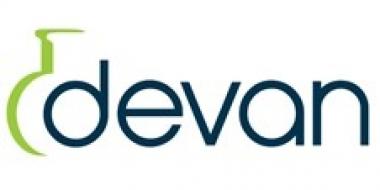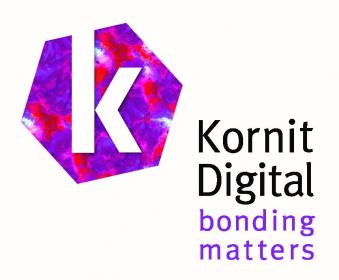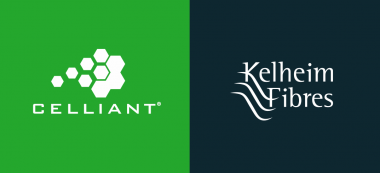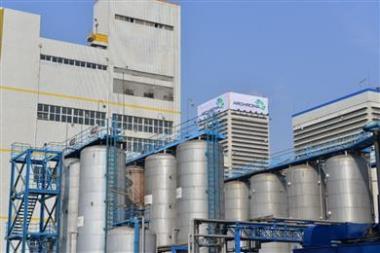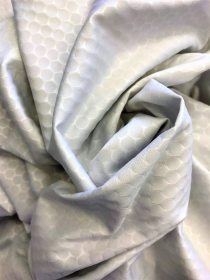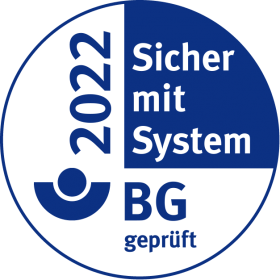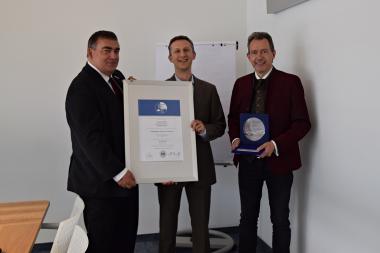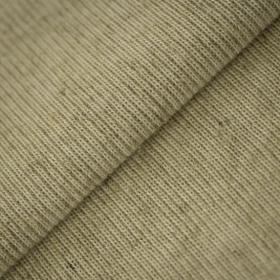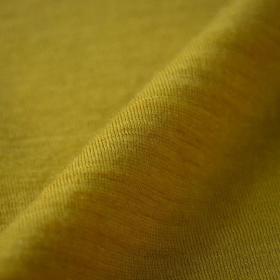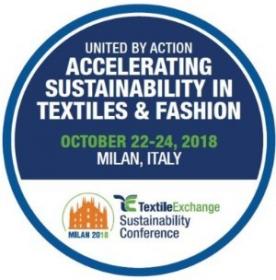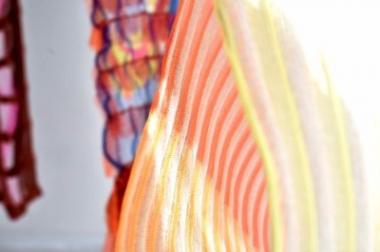Dibella launches 2nd upcycling project: napkins become jeans
After starting the first "Dibella up" circular-flow concept in August 2020, thousands of high-quality bags have already been made from used hotel textiles. Now the company is presenting another upcycling project: As part of a feasibility study, organic Fairtrade napkins that could no longer be rented out by the company were turned into jeans.
The second "Dibella up" project promises successful recycling of used object textiles. Within the framework of a feasibility study, almost 5,000 discarded napkins were used for jeans production in Pakistan. The special feature of the process is the traceability of the raw materials through all processing stages.
The napkins made of pure organic Fairtrade cotton originated in India. There, the fibres were grown and harvested by micro-farmers of the Chetna cooperative and then processed into durable textiles by a certified company. From Dibella, the napkins went to Lamme Textile Management, where they went through the use process in laundry and catering for many years. All stages were traceable by means of a "Respect Code" with which each piece was marked.
In the recycling project, the original supply chain was reversed: Dibella transported the organic Fairtrade napkins discarded by Lamme Textile Management to Pakistan. There, the goods were shredded and the organic Fairtrade cotton fibres recovered in a full-scale textile plant specialising in sustainability. In the next step, they were mixed with "fresh fibres", spun into yarns for denim production, woven, finished with sustainable processes, subjected to quality tests and then made up into jeans.
Dibella
Dibella GmbH










